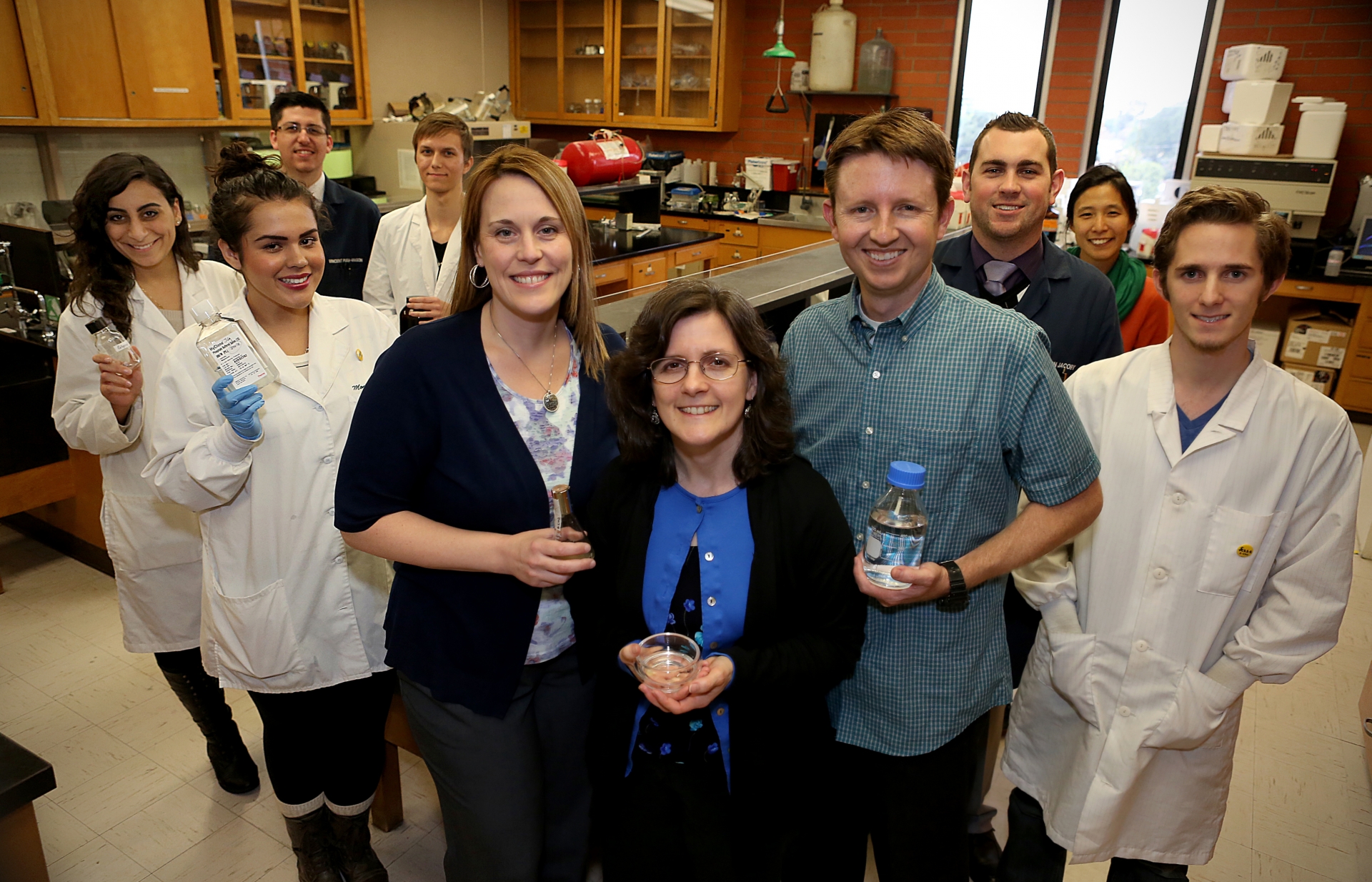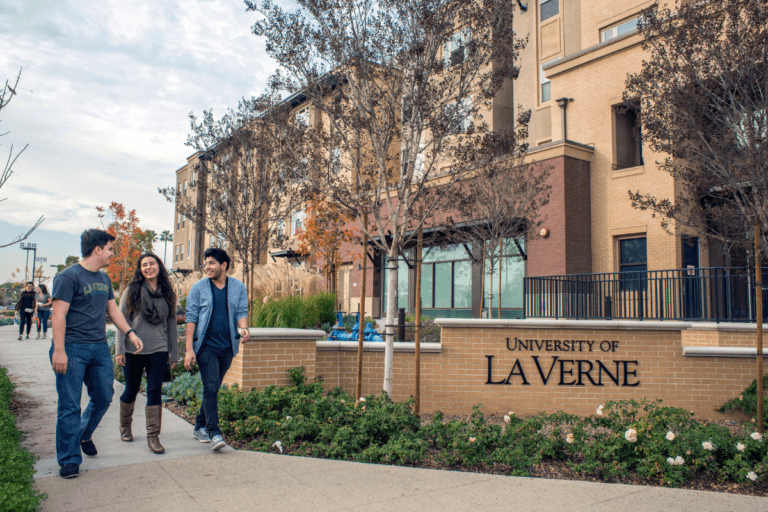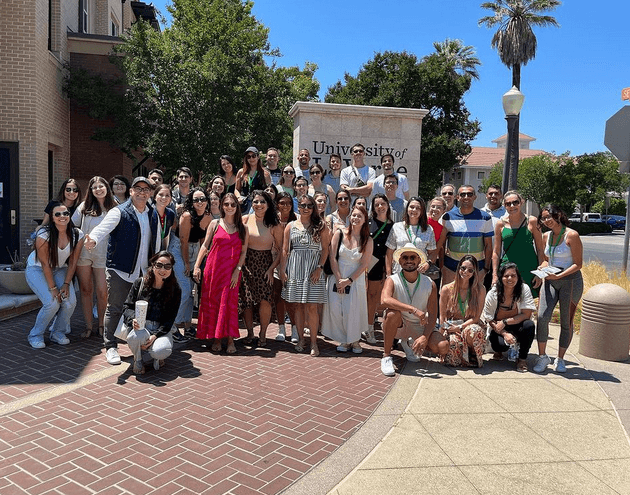Faculty Present on Successful STEM Retention Outcomes at National Conference

Convincing more students – Latinos in particular – to pursue and complete degrees in science, technology, engineering and mathematics is a challenge that has been discussed nationally and internationally for years, leading to increases in federal funding for programs that promote the fields.
And while those discussions continued during the last decade, University of La Verne professors in the Natural Science Division worked behind the scenes to help increase success for STEM majors at La Verne.
Two La Verne biology professors and one instructor had the opportunity in November to show the fruits of their labor at a prestigious conference attended by national STEM proponents and members of academia.
“(The participants) had lots of questions on how they could do this at their own institutions,” said Dr. Christine Broussard, Biology Professor and Chair of the Natural Science Division.
The issue is important because a report released by the Center for Urban Education showed Latinos in 2010 only made up 8 percent of recipients of bachelor’s degrees in STEM fields and only 4 percent for STEM master’s degrees. A report released in 2012 by the President’s Council of Advisors on Science and Technology indicated the U.S. needs 1 million more college graduates in STEM fields during the next decade than expected at forecasted graduation rates.
Broussard, Dr. Kat Weaver, Director of the La Verne Experience and Associate Biology Professor, and Biology Instructor Pablo Weaver were invited as presenters for the annual Project Kaleidoscope and American Association of Colleges and Universities national conference on STEM in higher education in Atlanta. It was the first time La Verne professors received approval to present a workshop at the conference, which is no small feat, considering Project Kaleidoscope – otherwise known as PKAL – has about 7,000 members.
The trio gave a 70-minute presentation called “Scaffolding Scientific Inquiry from Freshman to Senior Year to Improve Retention and Success at an HSI” and Weaver presented at two additional pre-conference workshops – one lasting 15 minutes and another for 4 hours – on teaching, leadership and other aspects of STEM reform.
The group presentation focused on the curriculum La Verne has developed to expose students to scientific inquiry early in their undergraduate careers, Broussard said.
Feedback regarding La Verne’s ideas was positive.
“We’re right up there with the best of them, it seems,” Pablo Weaver said. “We’re leading the way in a lot of ways.”
As freshmen, students take laboratory courses where they can begin designing experiments, come up with experimental questions, hypotheses and research proposals.
By their senior year, students conduct their own experimentation, culminating in independent research for their senior project.
Weaver said different approaches to teaching science and the scientific process, as well as mentorship and other methods have helped overall student success, but especially success among under-represented minorities.
“It really has gotten to the point that the entire department has evolved,” Weaver said.
And that has led to La Verne’s graduation rate among STEM majors rising higher than many other institutions, Broussard said.
“The sciences are infamous for students dropping out, and it seems that students of color drop out more than Caucasian students, but at La Verne, we’re actually able to retain our students, and retain our students of color,” she said.


